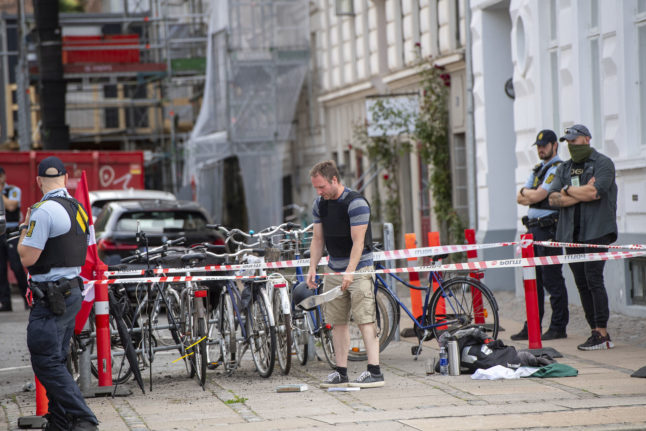The Scandinavian nation announced plans for a ban after a string of desecrations of Islam’s holy book in Denmark sparked anger in Muslim countries, which the government said posed a threat to national security.
“The bill has been narrowed to specifically target improper treatment of scriptures of significant religious importance,” the justice ministry said in a statement.
The bill was originally planned to cover objects of significant religious importance. The text is to be debated by the Danish parliament, the Folketing, on November 14th.
Nearly a 1,000 protesters attempted to march to the Danish embassy in Baghdad’s fortified Green Zone in late July, following a call by firebrand cleric Moqtada Sadr.
The first draft of the bill was criticised by some — including politicians, artists, media and freedom of speech experts — who saw it as a return to a blasphemy law that Denmark abolished in 2017.
Police and judicial officials also feared it would be difficult to enforce. “With the changes we are now proposing, the law will be easier to navigate — including for the police and the courts,” Justice Minister Peter Hummelgaard said in the statement, noting that the terrorist threat against Denmark had intensified.



 Please whitelist us to continue reading.
Please whitelist us to continue reading.
Member comments